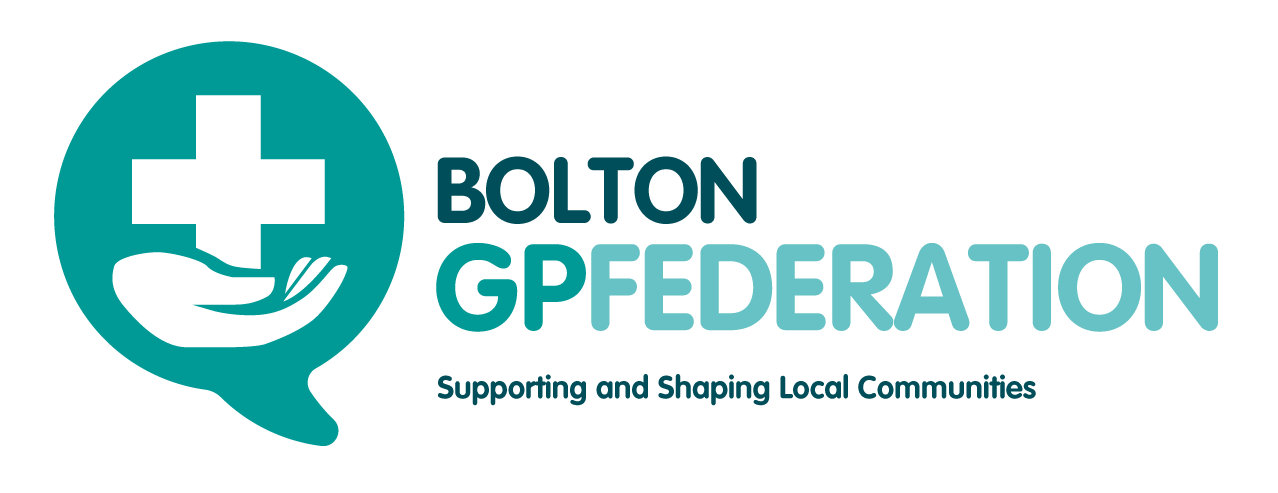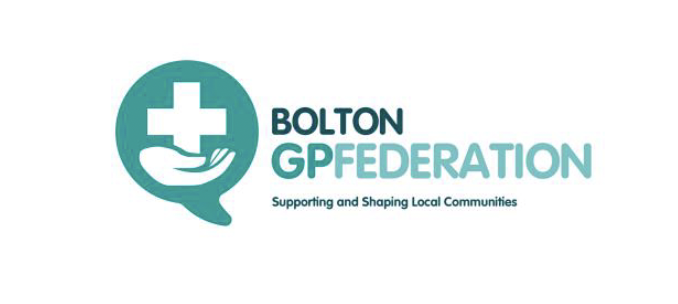[av_section min_height=” min_height_px=’500px’ padding=’no-padding’ shadow=’no-border-styling’ bottom_border=’no-border-styling’ bottom_border_diagonal_color=’#333333′ bottom_border_diagonal_direction=” bottom_border_style=” id=” color=’main_color’ custom_bg=’#11898c’ src=” attachment=” attachment_size=” attach=’scroll’ position=’top left’ repeat=’no-repeat’ video=” video_ratio=’16:9′ overlay_opacity=’0.5′ overlay_color=” overlay_pattern=” overlay_custom_pattern=” av_element_hidden_in_editor=’0′]
[av_one_full first min_height=” vertical_alignment=’av-align-top’ space=” margin=’0px’ margin_sync=’true’ padding=’20px’ padding_sync=’true’ border=” border_color=” radius=’0px’ radius_sync=’true’ background_color=” src=” attachment=” attachment_size=” background_position=’top left’ background_repeat=’no-repeat’ animation=” mobile_display=”]
[av_heading heading=’Not enough beds in the hospital: a personal account of a GP’s experience of responding to urgent care pressures ‘ tag=’h1′ style=’blockquote modern-quote’ size=’50’ subheading_active=” subheading_size=’15’ padding=’20’ color=’custom-color-heading’ custom_font=’#ffffff’ admin_preview_bg=”][/av_heading]
[/av_one_full][/av_section][av_two_fifth first min_height=” vertical_alignment=’av-align-top’ space=” margin=’0px’ margin_sync=’true’ padding=’10px,0px,0px,0px’ border=” border_color=” radius=’0px’ radius_sync=’true’ background_color=” src=” attachment=” attachment_size=” background_position=’top left’ background_repeat=’no-repeat’ animation=” mobile_display=”]
[av_image src=’http://www.boltongpfederation.co.uk/wp-content/uploads/2017/11/hospital-beds.jpg’ attachment=’1697′ attachment_size=’full’ align=’center’ styling=’no-styling’ hover=” link=” target=” caption=” font_size=” appearance=” overlay_opacity=’0.4′ overlay_color=’#000000′ overlay_text_color=’#ffffff’ animation=’no-animation’ admin_preview_bg=”][/av_image]
[/av_two_fifth]
[av_three_fifth min_height=” vertical_alignment=” space=” custom_margin=” margin=’0px’ padding=’0px’ border=” border_color=” radius=’0px’ background_color=” src=” background_position=’top left’ background_repeat=’no-repeat’ animation=” mobile_display=”]
[av_textblock size=” font_color=” color=” admin_preview_bg=”]
Last week Bolton Foundation Trust sent a request for GP support to deal with an unusual amount of patients being admitted. We have long wondered if GPs could provide input. As chair of Bolton GP Federation I didn’t attend our board development session and offered my services.
As it has been 20 years since I last worked in a hospital, it was with some trepidation that I entered the hospital last Wednesday! I was greeted in a friendly and encouraging manner by hospital management and ward staff and would like to thank all of them for making me feel so welcome. I asked simple questions when patients were not being managed in the same way as they would in the community. Why do we have to wait for such a long time for specialist review from colleagues already working in the hospital? Why does an elderly patient who wants to go home find it so difficult (even with a care package already in place)? Why is it so difficult to instigate a quick care package to get somebody home quickly when I know I can instigate care packages in the community to prevent the same patients from being admitted?
[/av_textblock]
[/av_three_fifth]
[av_hr class=’invisible’ height=’30’ shadow=’no-shadow’ position=’center’ custom_border=’av-border-thin’ custom_width=’50px’ custom_border_color=” custom_margin_top=’30px’ custom_margin_bottom=’30px’ icon_select=’yes’ custom_icon_color=” icon=’ue808′ font=’entypo-fontello’ admin_preview_bg=”]
[av_one_full first min_height=” vertical_alignment=’av-align-top’ space=” margin=’0px’ margin_sync=’true’ padding=’0px’ padding_sync=’true’ border=” border_color=” radius=’0px’ radius_sync=’true’ background_color=” src=” attachment=” attachment_size=” background_position=’top left’ background_repeat=’no-repeat’ animation=” mobile_display=”]
[av_textblock size=” font_color=” color=” admin_preview_bg=”]
It was clear that I had little understanding of the systems in place in the hospital. If GPs are to work more closely with hospitals, that is something we need to address. It was also clear to me that staff in the hospital had little understanding of how we work and how we manage similar cases in the community. If we are to join up our approach to urgent care in a better way we need to agree a unified approach that is flexible to individual patients but means that same patient would be managed with less variety in our “system”.
I am a child of the sixties and in my day job I have got used to working with computers, although it is my one regret that I never learned to touch type. I can access a patient record that has a summary and can filter out bits of clinical information. The same system will allow me to look at appointment books that tell me how my colleagues are doing, what urgent patients are waiting to be seen, what visits there are, how many scripts, pathology reports and administrative tasks I and other colleagues have outstanding. The same system will allow me to access evidence based guidelines and interact with a multitude of online resources. I tell my trainees there are always three “people” in any consultation, the patient, the doctor and the computer. I can’t function safely without a computer.
Last week I saw a hospital with a computerised “flow” system, and saw some frustration that the flow information was not up to date and senior staff having to going back and forth to check what reality was. The clinical record was paper! I assume staff were double entering information – once onto paper and once onto the flow management system. I worked with a foundation year doctor and I saw him accessing another computer to update take-home medications and access pathology. The reflection I had was the marked contrast to my work in general practice. In my day job the computer is fully integrated into my care of the patient and records and data are a by-product of this care. At the hospital care, record keeping, and data production are three separate processes.
So… two simple, hard tasks for the future! (thank you @valerieiles)
- A shared team based approach to care across all urgent care.
- A computerised record that is integrated into a patients care.
This isn’t something we can just do. Developing relationships and trust will be key, everyone has a part to play in delivering the care.
[/av_textblock]
[/av_one_full]
[av_one_fifth first min_height=” vertical_alignment=” space=” custom_margin=” margin=’0px’ padding=’0px’ border=” border_color=” radius=’0px’ background_color=” src=” background_position=’top left’ background_repeat=’no-repeat’ animation=” mobile_display=”]
[av_image src=’http://www.boltongpfederation.co.uk/wp-content/uploads/2017/08/George-Ogden.png’ attachment=’1137′ attachment_size=’full’ align=’left’ styling=’no-styling’ hover=” link=” target=” caption=” font_size=” appearance=” overlay_opacity=’0.4′ overlay_color=’#000000′ overlay_text_color=’#ffffff’ animation=’no-animation’ admin_preview_bg=”][/av_image]
[/av_one_fifth]
[av_four_fifth min_height=” vertical_alignment=” space=” custom_margin=” margin=’0px’ padding=’0px’ border=” border_color=” radius=’0px’ background_color=” src=” background_position=’top left’ background_repeat=’no-repeat’ animation=” mobile_display=”]
[av_textblock size=” font_color=” color=” admin_preview_bg=”]
George Ogden
Chair, Bolton GP Federation
[/av_textblock]
[/av_four_fifth]



